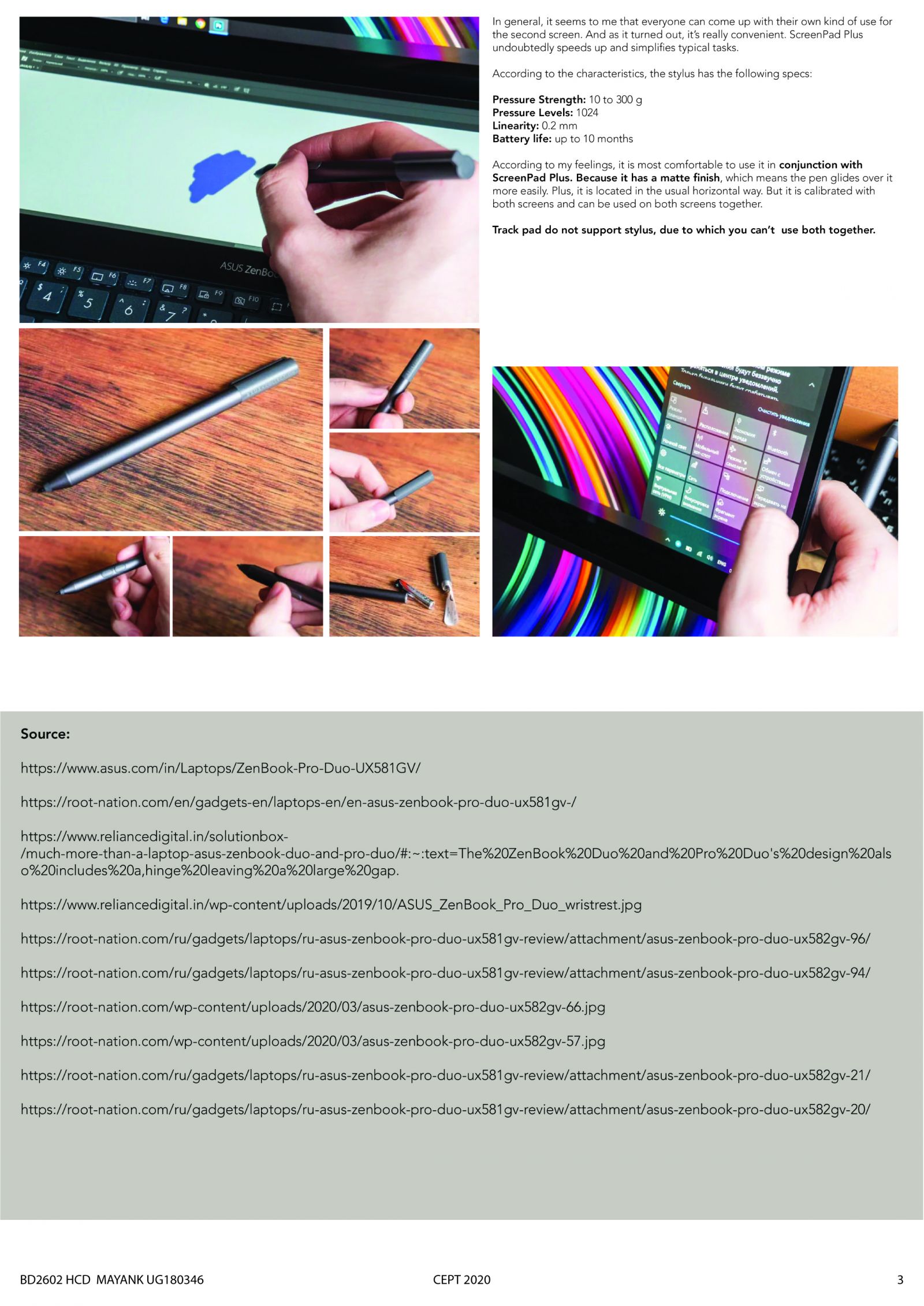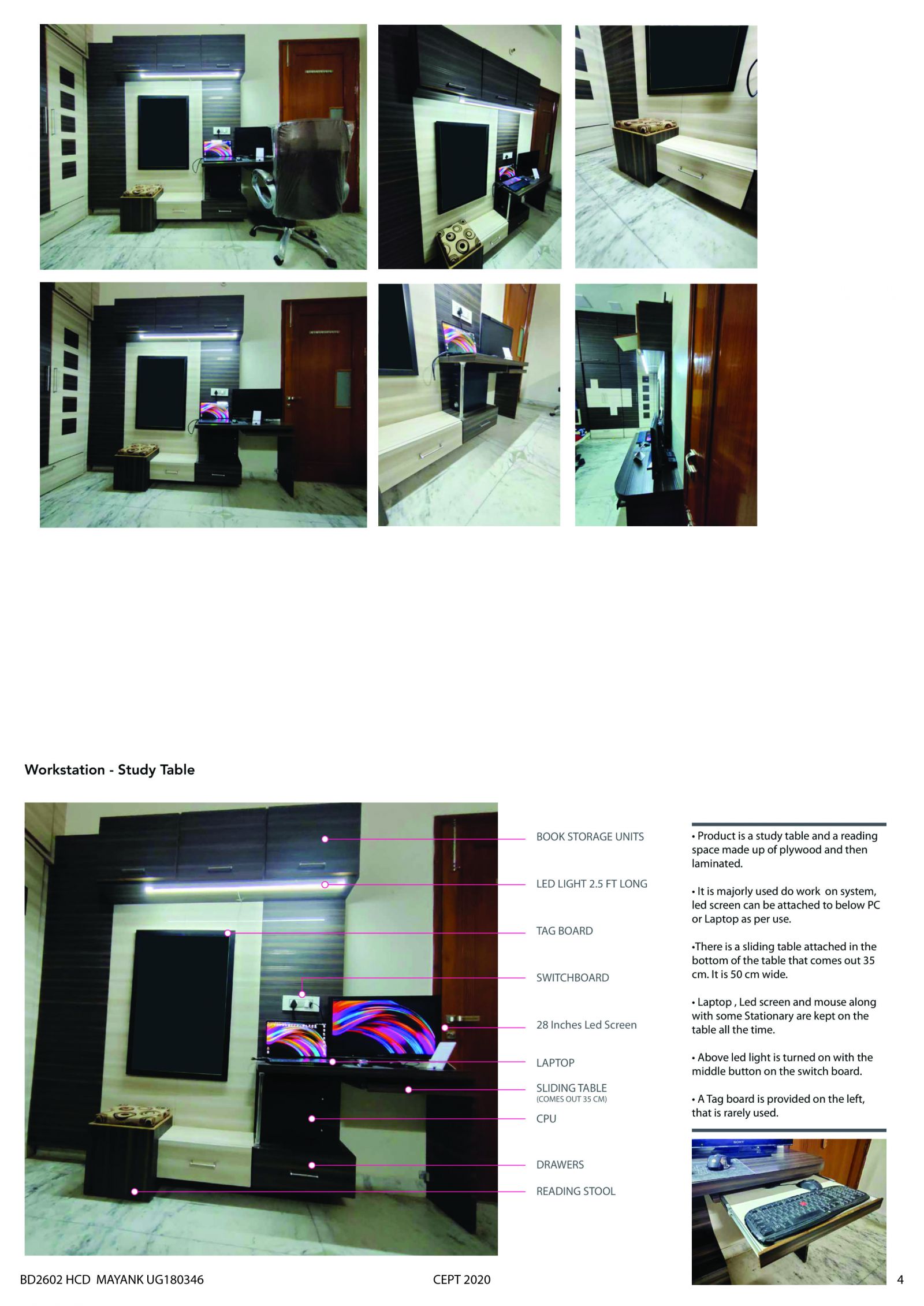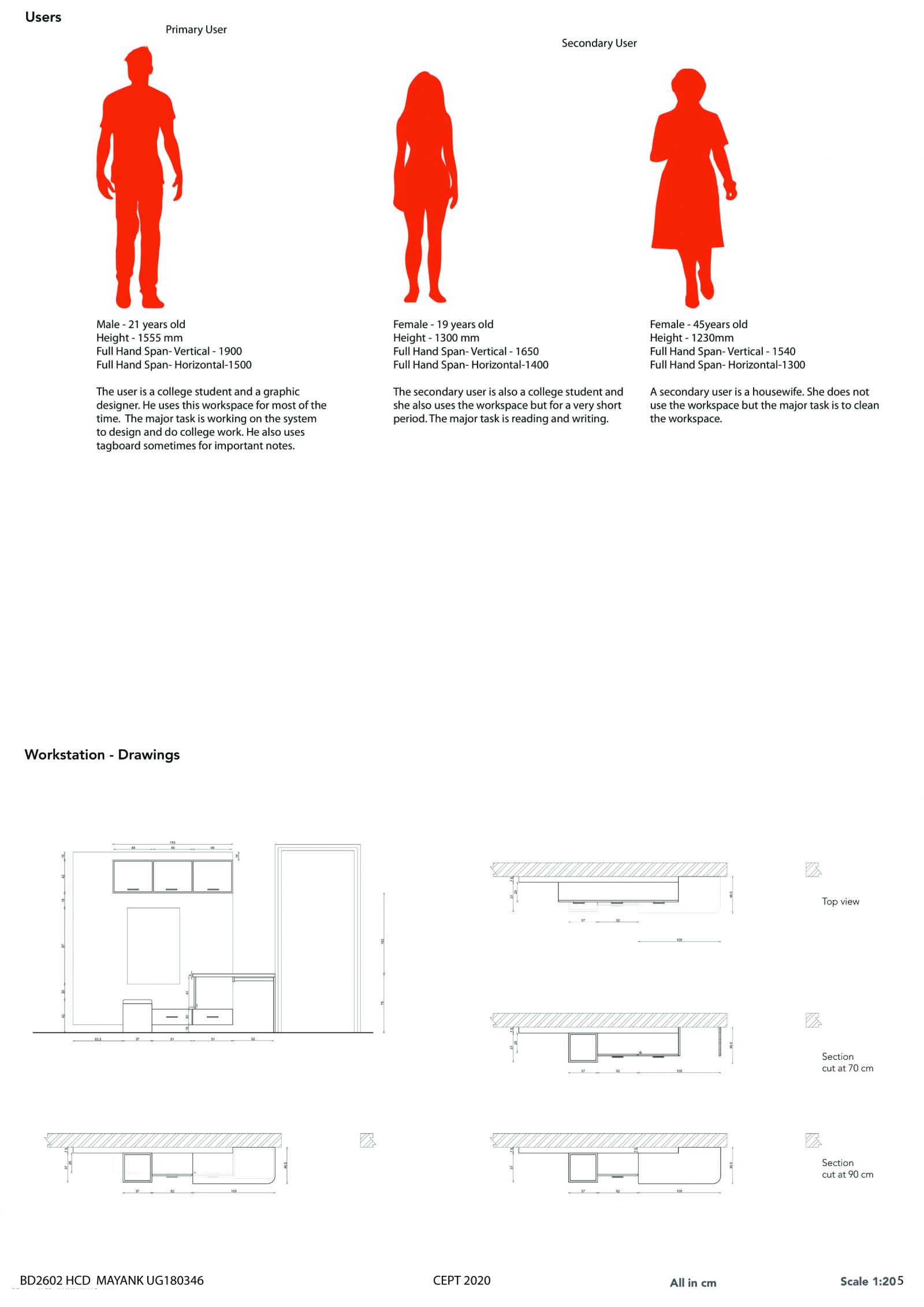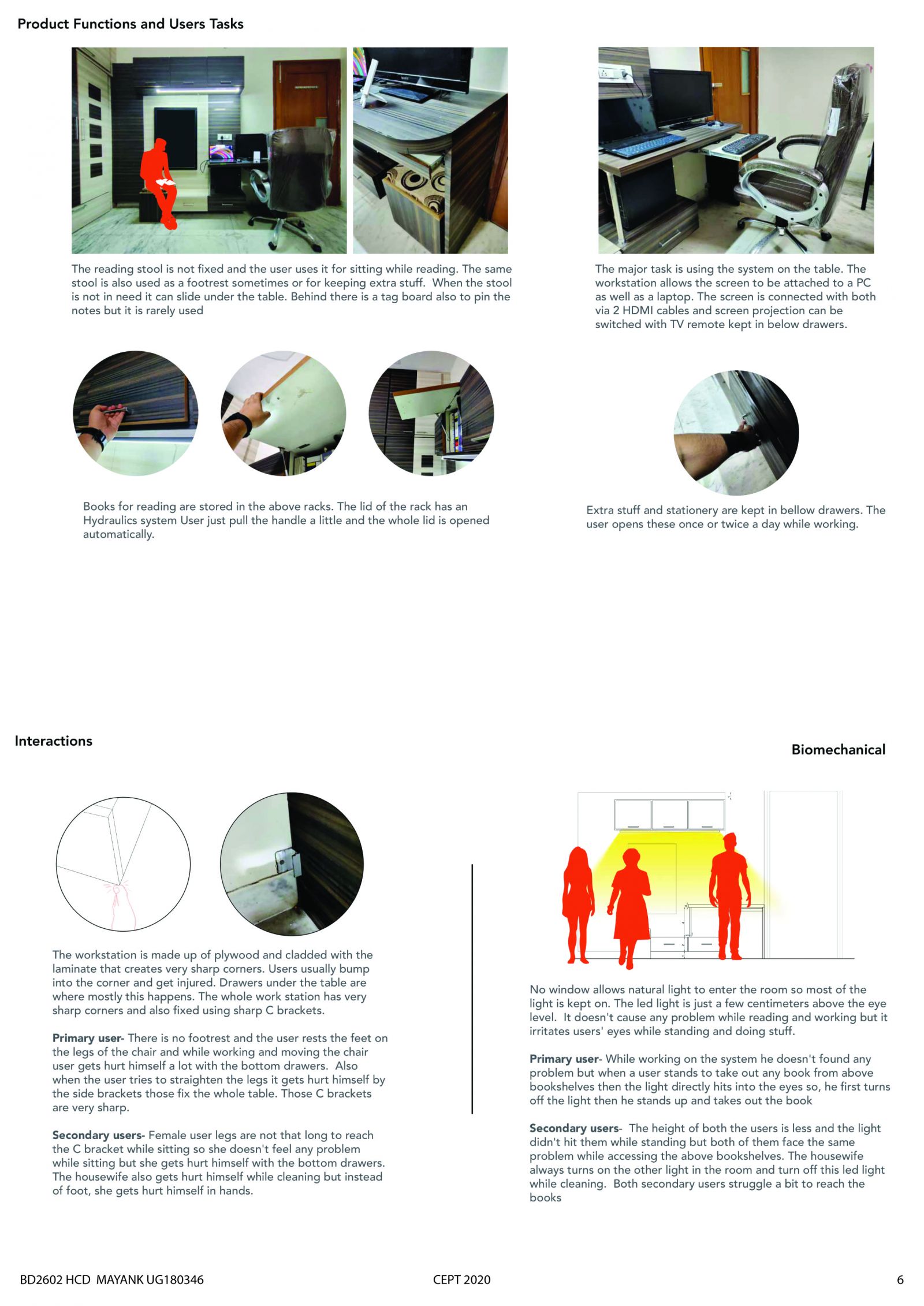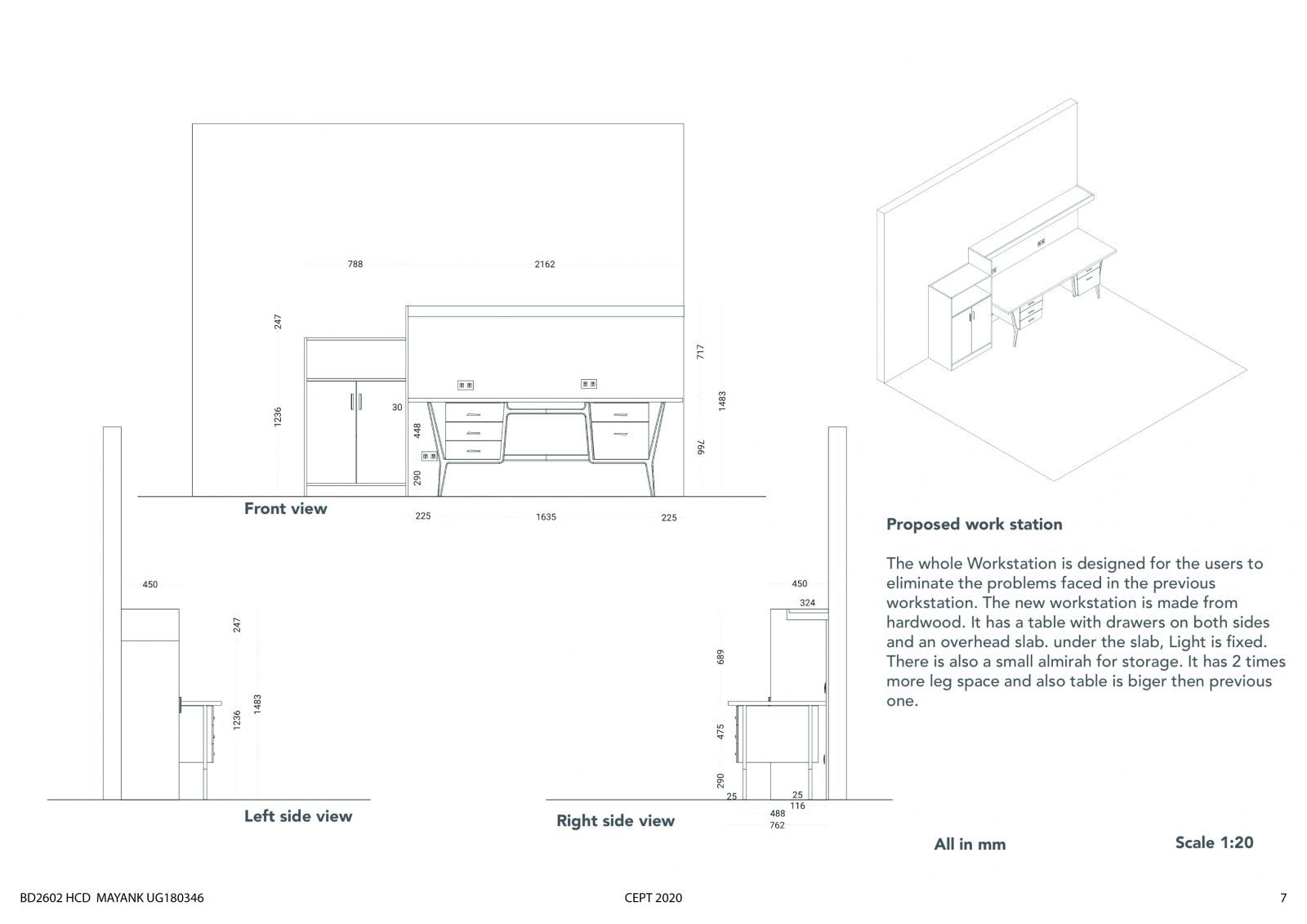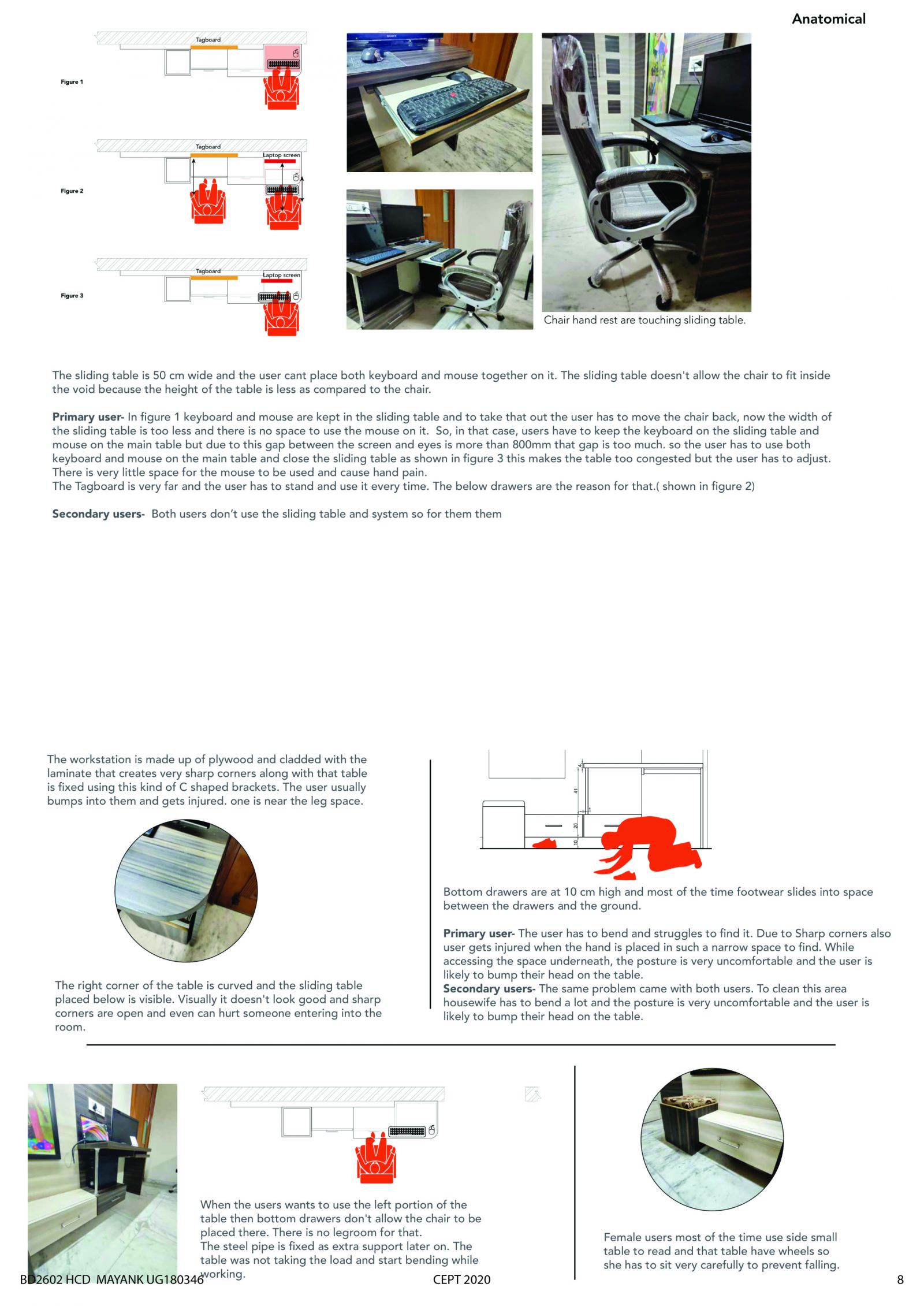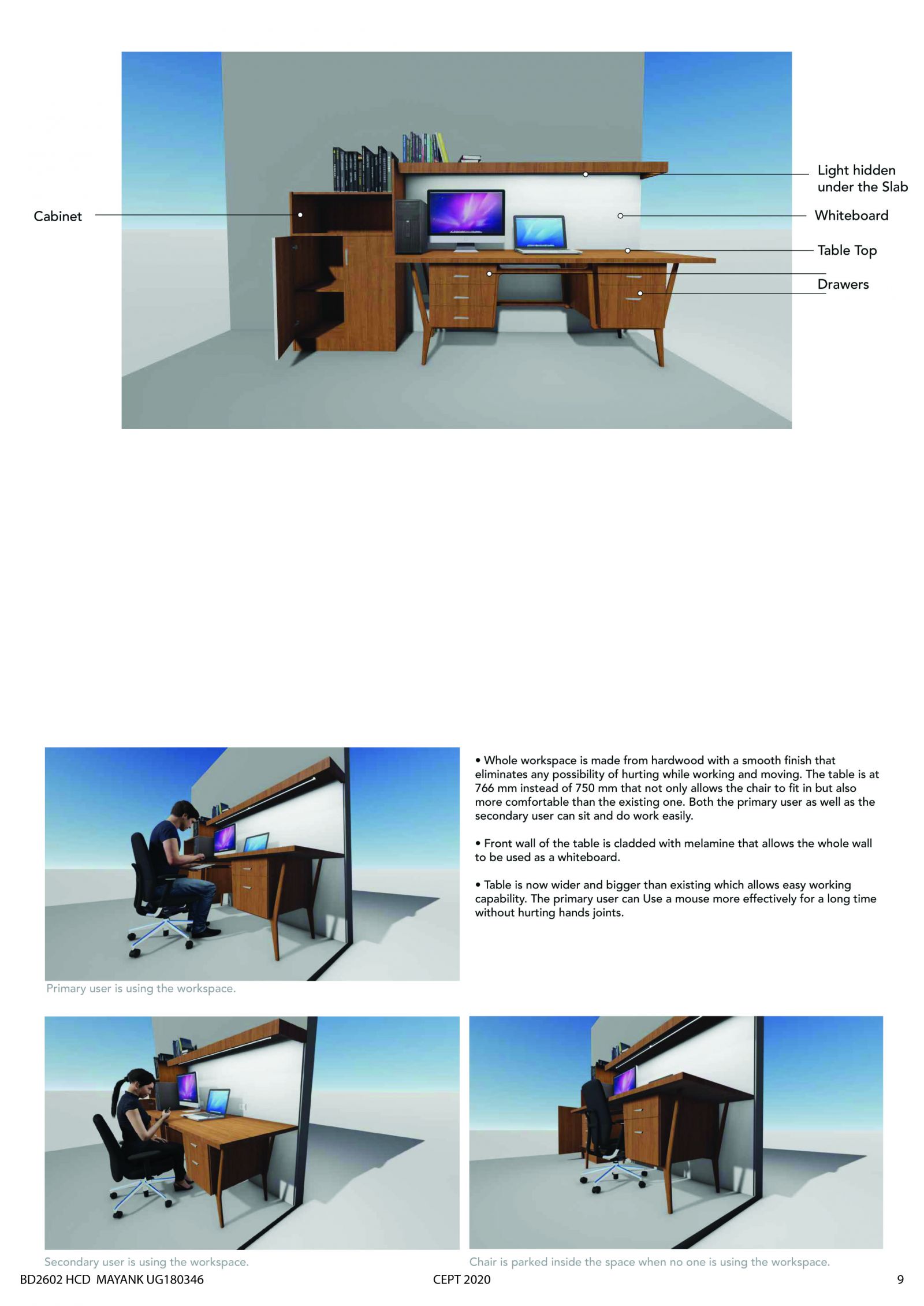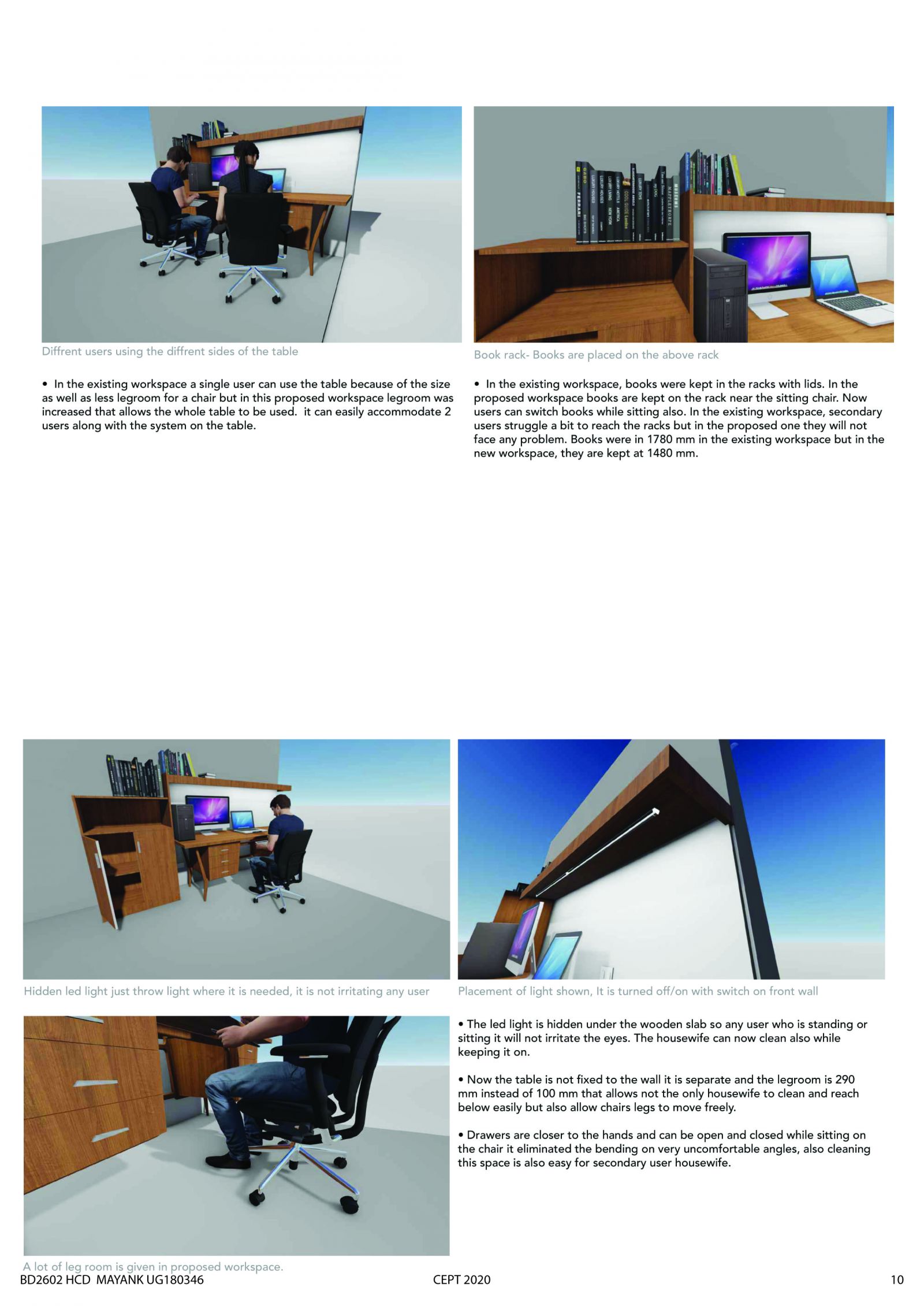Your browser is out-of-date!
For a richer surfing experience on our website, please update your browser. Update my browser now!
For a richer surfing experience on our website, please update your browser. Update my browser now!
HumanCentred Design (HCD) is a design framework for designing products, services and systems primarily based on the functional needs, safety, ease of use, and overall physical and emotional wellbeing of the humans in a manmade systems. The core theories for this framework include ergonomics, ethnography, cognitive ergonomics and semiotics. The HCD course will be conducted in two modules – HCD 1 and HCD 2. In this semester, HCD 1 will be conducted. HCD 1 includes the inputs in physical human factors including anatomy, anthropometry, biomechanics, physiology, psychophysics and psychophysiology. (HCD 2 includes the inputs in cognitive psychology, semiotics and psychology of emotions. Some fundamental aspects of HumanComputer Interaction Design (HCID) will also be covered. HCD 2 will be conducted after the completion of HCD 1.) The treatment of the course is pragmatic in nature with assignments involving realworld application and validation. There will be continuous evaluation of students’ understanding of the relevant theories and their application. The aim of the course is to make students insightful and proficient in human centric system analysis and design which will help them in incorporating humancentricity in their design projects.


